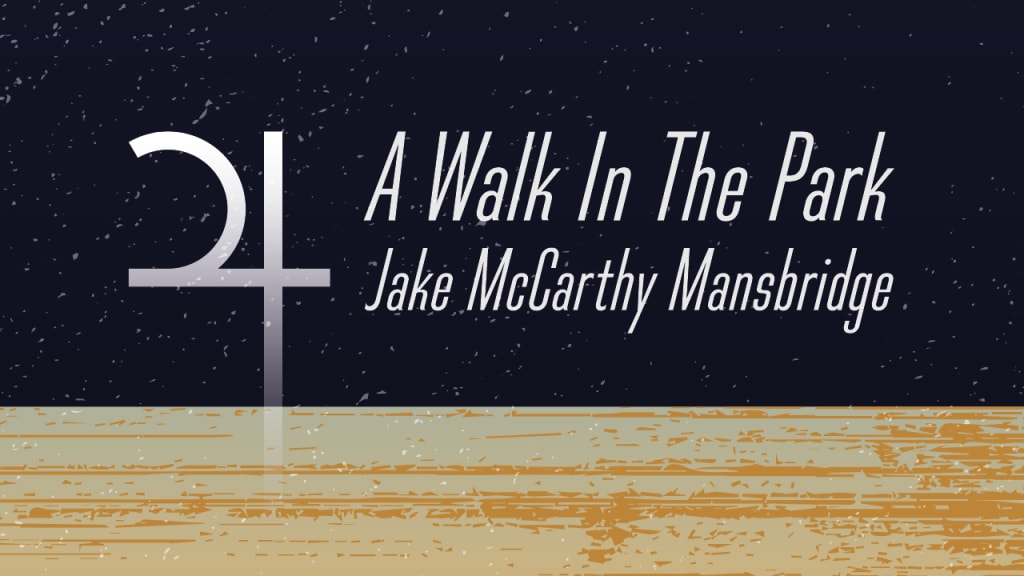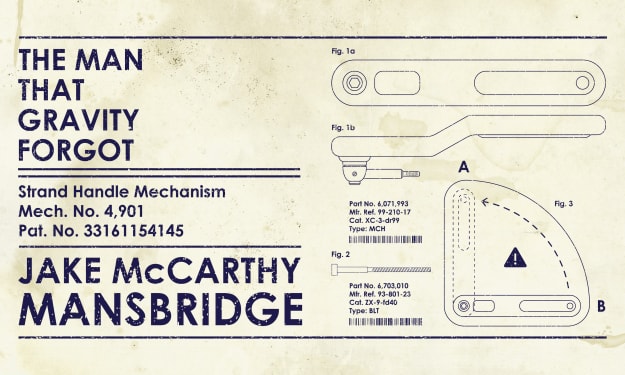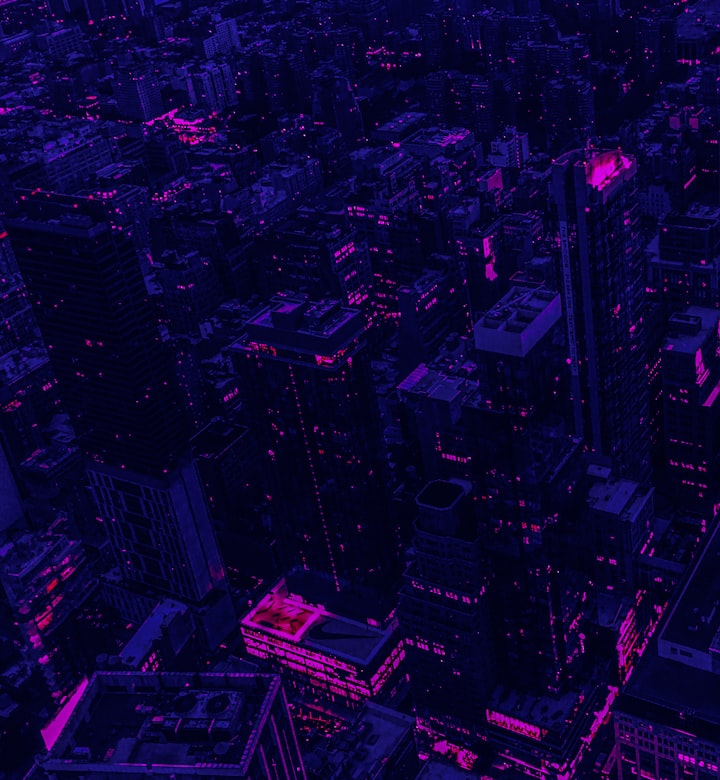
“I'm sorry, Sir—but are you completely mad?” My assistant, Jonathan, asked me on a particularly brisk Thursday morning as I enlightened him to my proposition. We were walking in the park opposite the Venusian Experimental Celestial Colonisation Laboratory in which we both worked. “You want to—what?” he asked again, in utter disbelief.
“Colonise Jupiter.” I shrugged and looked at him. “Well why not? As you know, there’s a huge overcrowding problem all over the Solar System, and Jupiter’s just sitting there—enormous and untouched!” I looked at him and smiled.
“Yes George.” He raised his voice and chucked his arms in the air, his high-pitched tone caused several heads to turn as we passed people in the park. “And there's a very good reason for that!” He dropped his arms to his sides. “Do you know how much pressure the cities would need to be able to withstand to be of any significant size?! There's no metal alloy known to man that would be strong enough—they'd tear themselves to pieces!—And beyond that, Jupiter doesn't even have a true solid surface!” I gave him a confused but understanding look. “I suppose you could implement enormous balloons to keep a colony aloft, just like here on Venus?” he added, attempting to sympathetically validate my idea. Johnathan stared up at the almost moon-sized dirigible-like inflations looming several hundred meters above us.
“No, Jupiter's atmosphere is much too violent, besides, Jupiter's atmosphere is composed of light gases anyway—there'd be no lighter gases than those for buoyancy.” I cringed, then struck upon the solution. “I've been looking at this entirely the wrong way! Lift can be provided in several ways, of course!”
Jonathan looked to me, waiting for a further thought as my face lit up like a child at the fair. “Jonathan—what's wrong with orbital colonies today?” I waited excitedly for his answer—to which he gave none. I sighed and shared my thoughts: “Microgravity!” I raised my arms in the air to signify my 'eureka moment.' Jonathan looked at me blankly.
“What do you mean 'microgravity?'—What's that got to do with anything?” I grabbed his shoulders and explained:
“The problem about orbital colonies like the Carnation and Elderflower satellites orbiting Earth is microgravity!” I shook his shoulders which he seemed a little uncomfortable by, “When you emigrate to an orbital colony, it's enormously difficult to leave due to the muscle and bone deterioration that comes from the low gravity in orbit—heck, I know that for sure.”
Jonathan continued to stare at me with an utterly confused look adorning his face. “That's how we do it!” I ran off hastily to my lab to show Jonathan what on Earth I was talking about—although he just watched me run into the building and followed me at no great speed.
____________________________________________________
It took a good ten minutes for Jonathan to join me in my lab—I'd just finished scrawling a simple diagram on my whiteboard as he walked in. I turned to face him with what I can only assume from his impression was a very large grin on my face.
“Look here, Johnny.” He looked at me, disgruntled, so I flashed him a playful wink—he hated being called 'Johnny.' I pointed to the board with the cane I was holding in my left hand. “Imagine this—” I pointed to an oval I'd drawn on the board, “is our colony. And this—” I pointed to a few horizontal lines I'd drawn below it. “This is the Jovian atmosphere.” I looked at Jonathan for some kind of response.
“I'm sorry, Sir, I still don't get it,” he shrugged. I looked at him frustratingly, then drew two opposing arrows on the diagram.
“We can simulate the Earth's gravitational pull by keeping a floating colony at the precise distance and orbital speed in Jupiter's atmosphere that would imitate Earth's gravity!” Jonathan's face began to light up, before falling back to a confused and pessimistic expression.
“But wait—” He stopped to think. “to be at the exact height in Jupiter's atmosphere to simulate Earth's gravity – the colony would be at such a height that it would just fall into the lower atmosphere under its own weight—it would never stay there of its own accord, in orbit or otherwise, it'd just spiral down towards the planet—we discovered that during the disastrous Neptune Colony Experiment.” He raised his eyebrow at me. “Do you have any idea how much fuel would be needed to create the kind of lift that could counteract Jupiter's gravitational pull? I'll tell you—it'd be millions, maybe even billions of tonnes a day.” His pessimism took over his demeanour entirely.
“Ah!” I jumped. “That's the clever bit, my dear Jonathan!” I added another feature to the diagram, a long rod that connected the atmosphere and the colony. “Now, what is Jupiter made of?” I waited for his response.
“Uh—ammonia, methane, hydrogen—” he began, shortly before I swiftly interrupted.
“Ah, yes! Methane and hydrogen exist in the atmosphere in massive quantities, do they not?” I grinned at him, hoping he'd catch on by now. But no, he looked at me blankly still. “Jonathan, what are methane and hydrogen?” Jonathan continued to appear blank—I simply rolled my eyes, sighed and told him. “Fuels, Johnny. Methane and hydrogen are fuels—and I'd say that the Jovian atmosphere has trillions upon trillions of tonnes of the stuff—and as far as a floating colony is concerned, that's an endless supply, is it not? Combine that with the relatively high percentage of oxygen in the atmosphere and it should combust—and that's why the Neptune experiment failed—the conditions were nowhere near right!” I smiled, and he began to smile back. “All we need is a pipeline to transport the fuel up to the colony, use it as fuel to provide lift, and we're golden. It'll be a walk in the park!” Jonathan stared at me smiling, eyes wide open.
“My god—Dr. Thorne, it's... brilliant,” he muttered under his breath in amazement – it was so simple. At that moment, I had singlehandedly designed the first prototype Jovian colony—and so, another planet was added to the ever-expanding territory of mankind.






Comments
There are no comments for this story
Be the first to respond and start the conversation.